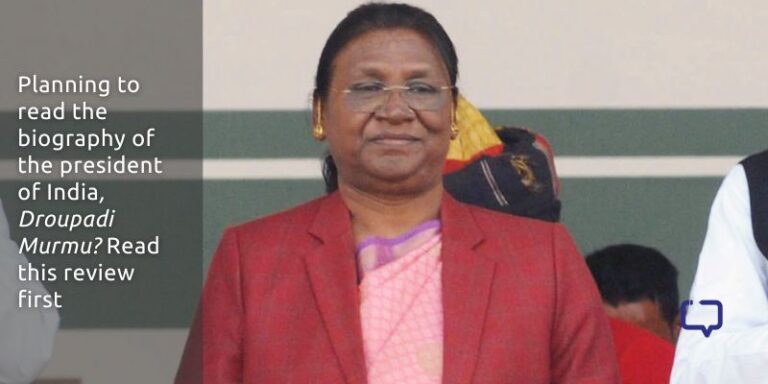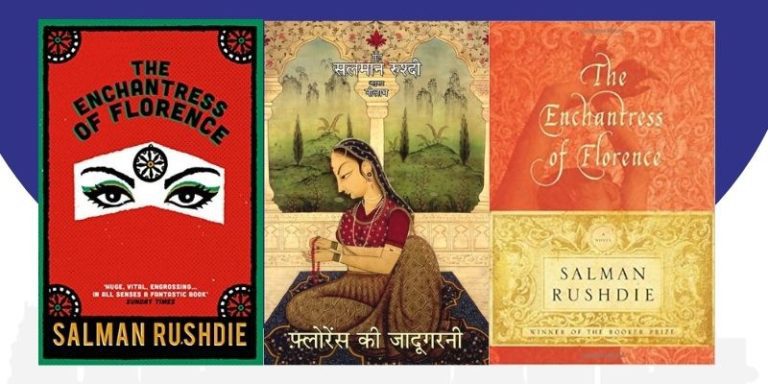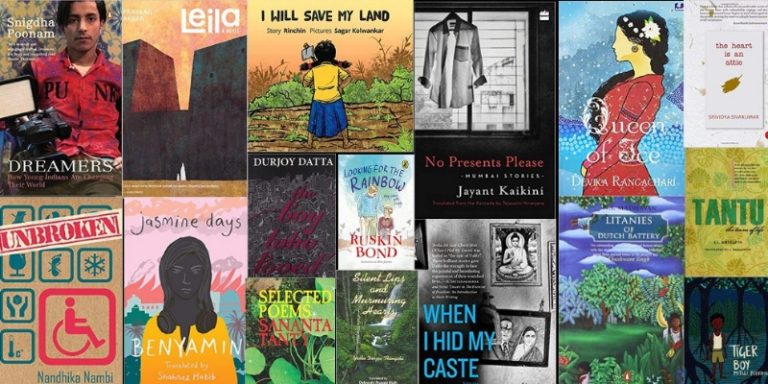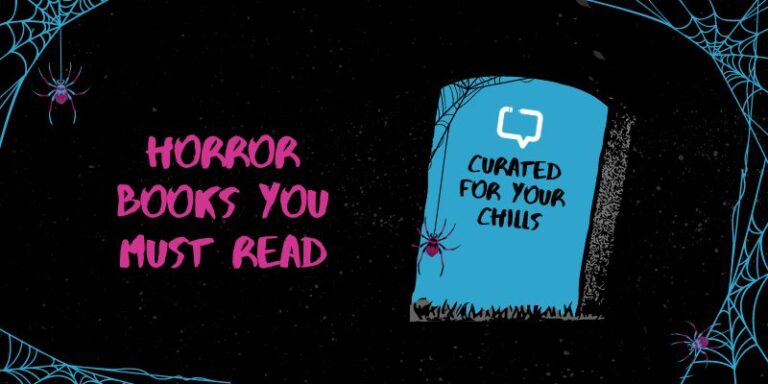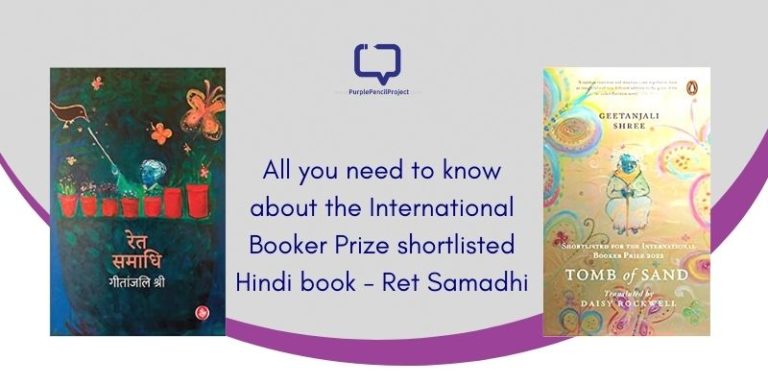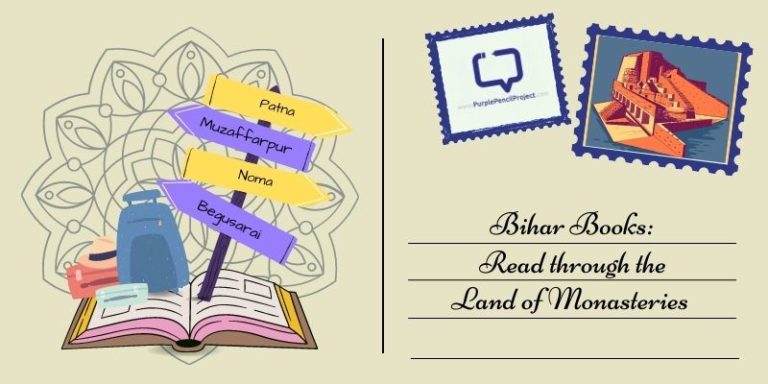Rahul Vishnoi reviews Janice Pariat’s Everything The Light Touches (Published by Harper Collins, 2022)
Content Warning: This review has mild spoilers
Split across oceans ─ of time and the ones that swallow the land, Everything The Light Touches (ETLT) by Janice Pariat is a story that binds the stories of four people, four travellers, who come together in this tome to stress upon one thing we came from nature in general and trees in particular.
ETLT by Janice Pariant, more than it is a Cli-Fi, is a sort of semi-autobiographical novel. Set in Shillong (and Meghalaya broadly), reading it means to realize what coming back to roots is. Since the Yuva Sahitya Akademi Puraskar-winning author spent her childhood in Meghalaya, there seems to be a lot of herself and her life spent in Shillong that she has parted with on paper.
It is a sort of love letter to the land one belongs to and the nature from which all of us have come. The power of the first part, narrated by Shai, is its uncanny ability to evoke nostalgia. The reader lives vicariously through Shai, and even though it is Shillong she comes back to, you might be thinking about your own homeland.
We encourage you to buy books from a local bookstore. If that is not possible, please use the links on the page and support us. Thank you.
Janice Pariat – Writing and Characters
Shai, miffed at her existence in a ‘mad, magnificent city at the edge of a desert’ (Delhi) returns to Shillong, ‘a place that falls off the map. For the uninitiated, it’s the land of matriarchy and incessant rainfall. She is lost, can’t tell her mother when she’s planning to go back, or if she is, and finds odd jobs around the house ─ she cleans out drawers, rearranges bookshelves, and looks through a box of old letters and diaries. Her friend believes she’s looking for herself. And Shai agrees. ‘Am I not asking the same question the first creature who could do looking up at the sky? Who am I?’
Shai’s father, the ‘Treeman of Shillong’ is camping day and night in a grove of trees where a wall will be made and hundreds of trees will be cut. All the trees have been sold for lakhs, he says. Only if the wall were a foot thinner, we can save so many of them.
It is he who puts this idea in our heads: ‘Do trees have dignity?’ He laments that we have no language to speak to the trees. Further, Janice via Shai, jolts us with ‘All the trees in the world remember.’
As Shai travels into the heart of Shilling to meet her ailing nanny Oin̴̴ who lives in Mawkyrwat, she begins to unravel a slow decay set in the land. There are no roads and you have to travel on foot ‘for more than a few miles’. The only primary health care centre is not operational. When she reaches the home of her nanny, she gradually begins to settle down, sows and tills the field, and realizes she might never go back.
Recommended Reads : Boats on Land, a short story collection by Janice Pariat
Themes and Message
In ETLT, Janice Pariat softly puta light on quasi-nationalism and endless resource-hunger in a developing nation. Because of the unbridled mining of uranium, which they are told is known by the name of ‘yellowcake’, the khasi are paying the price. Birds die. Cows and dogs go mad. Trees wilt and fishes float. The people bleed. There are strange deaths and muscular dystrophies.
In some regions, ‘babies were born like monsters’. Innocent khasis initially blamed these on ksuid lum, ksuid wah, and ksuid suin̴̴ ─ malicious spirits of the hills and water and air. Then KSUI, a union working in Shillong, shows the people a documentary ‘Buddha Weeps In Jadugoda’ and khasi realizes that all this started 20 years ago when they came ─ the people who dig.
Khasis, who didn’t even know the name of uranium (‘Why would we name what we didn’t need?’), believe in keeping their lands. And now a threat of their land being taken away from them looms large.
Upon khasi’s protest, the miners tell them to stop ‘for the interest of the nation’. But for khasi, their nation is the hills around them, the rivers, and the trees. ‘And what happens if it’s in the interest of the nation but not in ours?’
There’s no non-violent answer to that. What if people, who live in and make a country, don’t agree to be buried in a foundation upon which the legs of a stronger (?) and better (?) nation will stand?
Janice Pariat ruefully ruminates on the name of the land that does not bear any synergy with the people who live there. A Sanskrit name for the land where nobody speaks Sanskrit ─ Meghalaya.
The book also has Goethe, the German poet who published ‘The Metamorphosis of Plants’ (in the form of Johann Philipp Moller), and Swedish Botanist Carl Linnaeus who is credited with establishing binomial nomenclature for plants and animals as protagonists. By the 1800s, it had become a routine to include Botanical knowledge in poetry, hence Goethe’s work in TMOP.
ETLT is an expansive saga, jumping time and soil, seeking to pull you back to your roots, asking you to breathe, look around yourself, and maybe to try and speak to the trees. Because they remember.
Favourite Quote
‘We don’t have a past. Perhaps that’s why our existence is mainly expressed through land.’
Janice Pariat in Everything the Light Touches
Have you read this beautiful journey across the oceans of time? What do you think of it? Drop a comment below and let us know!











